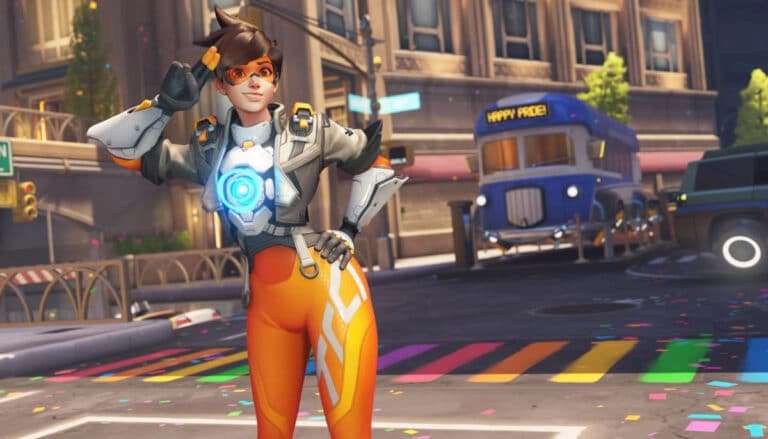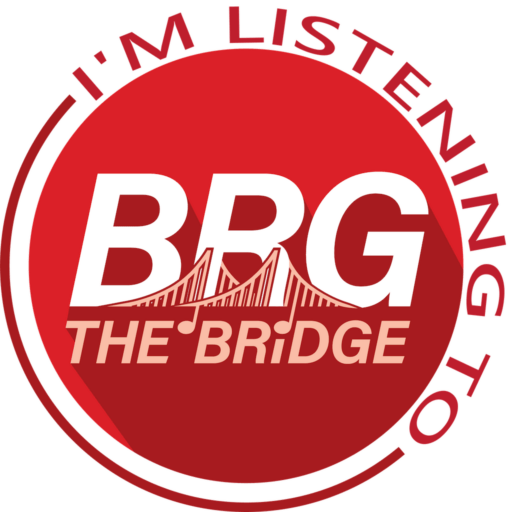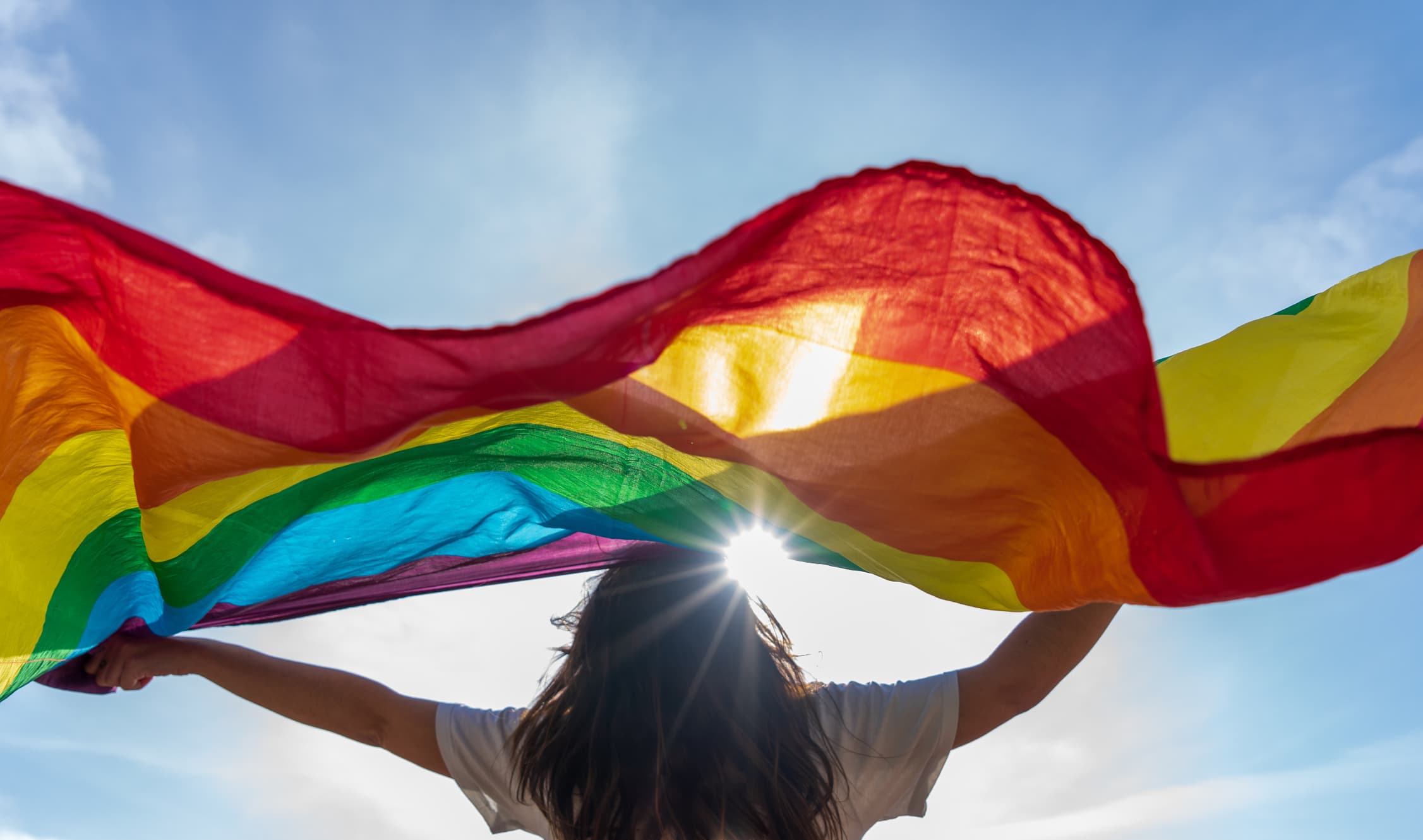How Music and Gaming Communities Champion LGBTQ+ Pride
As Pride Month draws to a close in what has proven to be a tumultuous year for LGBTQ+ rights worldwide, the vibrant intersection of music and gaming communities emerges as a powerful beacon of hope and unity. Throughout June 2025, while political tensions and social backlash have threatened to divide us, these creative industries have demonstrated an unwavering commitment to celebration, representation, and, most importantly, bringing people together through shared passions that transcend identity.
The music and gaming communities have long served as safe havens for expression and creativity, where diverse voices can flourish without judgment. This Pride Month has highlighted how these seemingly disparate worlds are intrinsically connected by their shared fundamental belief in artistic freedom and human authenticity. From rainbow-themed in-game events to collaborations between LGBTQ+ musicians and game developers, both communities have proven that art remains one of humanity’s most powerful tools for fostering understanding and connection.
Gaming Melodies Unite Through Digital Celebration
The gaming industry’s Pride celebrations in 2025 have been nothing short of spectacular, with major developers and platforms embracing inclusive content that brings communities together. Riot Games continues to lead by example, introducing new Pride-themed content across their game portfolio while making significant donations to organizations like oSTEM, which empowers LGBTQ+ individuals in STEM careers. Their approach demonstrates how gaming melodies unite players from all backgrounds through shared experiences and representation.
Overwatch 2 has particularly excelled in creating meaningful Pride content, featuring Venture, their first transgender non-binary hero, alongside pride parade decorations in their maps and exclusive cosmetic items that celebrate the community. These initiatives go beyond mere tokenism, creating genuine spaces where LGBTQ+ players can see themselves reflected in the games they love. The impact extends far beyond the digital realm, as these representations validate and affirm identities that have historically been marginalized or ignored in mainstream gaming.
The significance of these developments becomes even more profound when considering the data: GLAAD’s 2024 Gaming Report reveals that 17% of active gamers identify as LGBTQ+, a remarkable 70% increase from 20209. This growth isn’t accidental – it reflects the evolution of gaming into a truly inclusive medium where diverse communities can thrive. Yet despite this substantial audience, less than 2% of games in major console libraries include LGBTQ+ representation, highlighting both the opportunity and necessity for continued progress.

Musical Bridges Building Community Connections
The music industry has equally embraced its role in supporting LGBTQ+ communities, with artists across genres using their platforms to advocate for acceptance and equality. Kate Nash’s powerful track “GERM” exemplifies how musicians are taking direct action against discrimination, specifically challenging anti-trans sentiment while celebrating solidarity with marginalized communities.
This type of authentic advocacy creates the emotional soundtracks that accompany social movements and personal journeys of self-discovery.
Organizations like the Black Trans Femmes in the Arts Collective and A Club Called Rhonda are actively creating spaces where LGBTQ+ musicians can showcase their talents while educating audiences about the deep queer roots of genres like dance music. These initiatives remind us that LGBTQ+ artists haven’t just participated in music history – they’ve fundamentally shaped it. From the underground clubs where house music was born to the mainstream charts dominated by openly queer artists today, the community’s influence is undeniable and transformative.
The collaboration between music and gaming has produced remarkable projects, such as GameGrooves’ “Rainbow Roads: A Queer Tribute to Video Game Music,” which highlights explicitly LGBTQ+ composers and characters while raising funds for international advocacy organizations. These crossover projects demonstrate how gaming melodies unite both communities in support of shared values and mutual appreciation for artistic excellence.
Interactive Soundscapes Creating Safe Spaces
Perhaps the most compelling aspect of gaming’s relationship with music lies in its interactive nature, which allows players to create personalized soundscapes that reflect their identities and experiences. Research shows that LGBTQ+ gamers are 29% more likely to play role-playing games and 54% more likely to engage with simulation games, genres that often provide the most opportunities for self-expression and identity exploration. These preferences aren’t coincidental – they reflect a deep desire for media that allows authentic representation and creative freedom.
Companies like Reactional Music are revolutionizing the integration of music with gaming experiences, partnering with major labels like Beggars Group to bring personalized soundtracks to games in real-time.
This technology enables players to soundtrack their gaming experiences with music that resonates with their identity, creating significant connections between sound and interactive storytelling. The potential for LGBTQ+ artists to reach gaming audiences through these platforms represents an unprecedented opportunity for both the gaming and LGBTQ+ communities.
The work of composers like Lena Raine, known for her contributions to beloved games such as Celeste and Minecraft, demonstrates how LGBTQ+ creators are shaping the very sounds that define gaming experiences. Her music doesn’t just accompany gameplay – it becomes an integral part of the emotional narrative, helping players connect with characters and stories that often mirror their own journeys of self-discovery and acceptance.
Digital Pride Festivals Breaking Barriers
The evolution of Pride celebrations within gaming communities has led to the development of new models for inclusive events that transcend geographical and social boundaries. Xbox’s “Gaming for Everyone Community Networking Lounge” at GDC 2025 exemplifies how gaming companies are actively fostering connections between underrepresented developers and industry allies.
These initiatives foster professional networks and creative partnerships that benefit the entire community, ensuring diverse voices are heard in game development.
Virtual Pride events within games have become particularly powerful because they offer safe spaces for individuals who might not feel comfortable attending traditional Pride celebrations due to geographic location, family circumstances, or personal safety concerns. Players can express their authentic selves through avatars, participate in community celebrations, and connect with like-minded individuals from around the world without fear of discrimination or harassment.
The Gayming Awards 2025 represent another milestone in recognizing LGBTQ+ excellence within the gaming industry, celebrating not just inclusive games but also the individuals and organizations working to make gaming more welcoming for everyone. Events like these create visibility for LGBTQ+ contributions to gaming while inspiring the next generation of diverse creators and advocates.
Overcoming Challenges Through Creative Collaboration
Despite significant progress, both music and gaming communities continue to face challenges in creating truly inclusive environments. GLAAD’s research indicates that 52% of LGBTQ+ gamers have experienced harassment while playing online, with 42% avoiding certain games due to anticipated discrimination. These statistics underscore the ongoing need for platforms and communities to actively work toward creating safer, more welcoming spaces for all players.
However, innovative solutions are emerging from within the communities themselves. Streamers like Nikatine have built dedicated Discord communities for transgender gamers, creating support networks that extend far beyond gaming into real-world advocacy and mutual aid.
These grassroots efforts demonstrate how gaming communities unite people through shared experiences while providing crucial support for vulnerable community members.
Music festivals like Australia’s Gaytimes Festival are pioneering new models for inclusive entertainment that explicitly welcome LGBTQ+ communities while showcasing diverse musical talent. These events create spaces where music and gaming intersect naturally, often featuring gaming lounges alongside live performances and creating environments where both communities can celebrate together.
Corporate Responsibility and Authentic Advocacy
The most meaningful progress in both industries has come from companies that approach LGBTQ+ inclusion as a year-round commitment rather than a June marketing opportunity. Sony Interactive Entertainment’s perfect score on the Corporate Equality Index and their curated “Play with Pride” game collections demonstrate how major platforms can use their influence to promote inclusive content and create visibility for LGBTQ.
Similarly, Spotify’s partnership with ESL Gaming to create dedicated playlists for esports events shows how music streaming services can support gaming communities while amplifying diverse musical voices. These collaborations work because they’re built on genuine shared values rather than superficial marketing campaigns, creating authentic connections that benefit all participants.
The key to successful advocacy lies in understanding that LGBTQ+ inclusion isn’t about political correctness or virtue signaling – it’s about recognizing and celebrating the creativity, talent, and passion that LGBTQ+ individuals bring to both industries. When companies invest in diverse talent and inclusive content, they’re not just doing the right thing morally – they’re making smart business decisions that reflect their actual audience demographics and preferences.
Looking Forward: Unity Through Creative Expression
As we reflect on Pride Month 2025 and look toward the future, the partnership between music and gaming communities offers a powerful model for how creative industries can foster understanding and acceptance in an increasingly divided world. The success of Pride celebrations in both spheres demonstrates that when we focus on shared passions and common humanity rather than differences, we create spaces where everyone can thrive.
The phrase gaming melodies unite captures more than just the intersection of two entertainment mediums – it represents the fundamental truth that creativity and expression are universal human experiences that transcend identity categories.
Whether someone discovers their authentic self through a carefully crafted game soundtrack, finds community in an online gaming space, or draws inspiration from an LGBTQ+ artist’s music, these experiences create connections that make us all more empathetic and understanding.
The challenges facing LGBTQ+ communities worldwide in 2025 are real and significant, but the response from music and gaming communities proves that progress is possible when we commit to supporting one another. By continuing to create inclusive content, foster safe spaces, and amplify diverse voices, these industries are building a future where everyone can participate fully in the joy of creative expression.
As Pride Month concludes, the celebration doesn’t end – it evolves into a year-round commitment to ensuring that the melodies of gaming and the rhythms of music continue to unite us all in our shared humanity. Through continued collaboration, authentic representation, and unwavering support for LGBTQ+ communities, we can create a world where every individual feels valued, celebrated, and free to express their authentic self through the universal languages of music and play.




